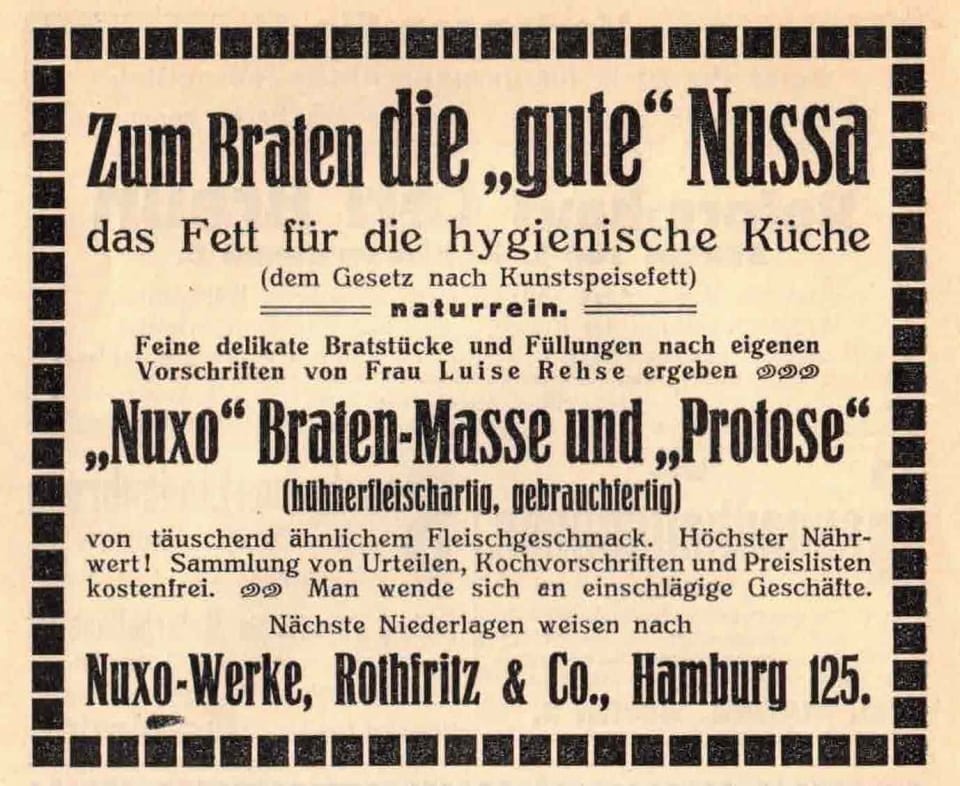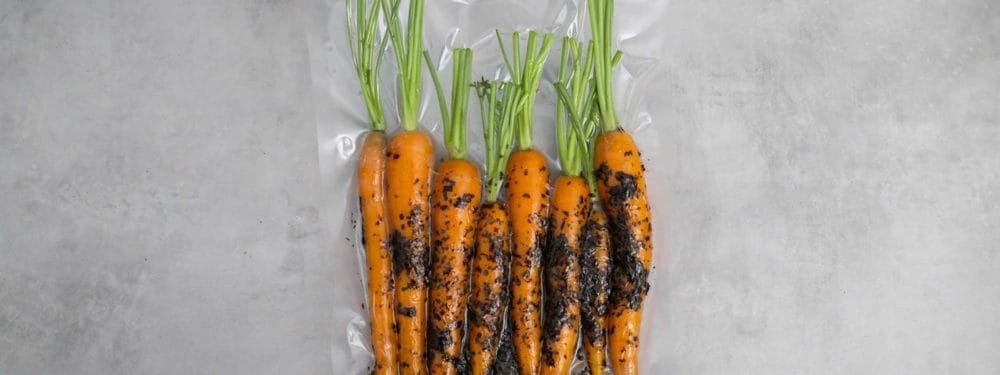United in the search for substitute flavor
We are fascinated by substitute products. So far, we have mostly replaced animal products with plant-based ones: whether vegetable charcuterie, mushroom patty, jerky made from watermelon or cheese from the cash cow. But other products are also being replaced. Instead of cow’s milk, there are now variants made from almonds, oats, soy or rice in every supermarket…

From muckefuck, meat substitute and legupan
Cancel Culture in the food sector or sensible conversions? We see this as an exciting expansion of the product range. In addition, it is quite profitable to get involved with new products. They often don’t taste like what you’re used to, but once the initial irritation wears off, you may well discover substitute-product benefits.
Today, sustainability, animal welfare and environmental protection top the list of reasons for substitute products. In the past, it was more about health aspects or replacing expensive or unavailable products. Dietary products like margarine should make it easier to reach for “healthier” fats. Today, animal fats are less discredited in terms of health, but unfortunately they are not always the most sustainable solution and are produced in an animal-friendly manner. Once again fat gets his grease.
Replacement has tradition
Health concerns about meat were formulated as early as the late 19th century. Books such as Luise Rehse’s Bratbüchlein were published as part of the Lebensreform movement. This offers 200 roast soups and tunks without meat.
The booklet also contains advertisements for “vegetable meat,” “sausage substitute,” and “chicken-like” roast meat paste. Even then, anything but impossible.
If today we tend to substitute fatty or sweet foods due to abundance, in the past expensive or unavailable products were substituted due to scarcity. A famous example is muckefuck. That is, coffee made from chicory, malt or grain, which replaced coffee in wartime, for example. By the way, a famous inventor of substitute products is Konrad Adenauer. He developed bread from corn, barley, rice flour and bran around 1915 and patented a soy sausage, the Kölner Wurst. At that time, Adenauer was the head of the food department of Cologne and thus very pragmatically secured the supply of food for the population during World War 1.
Expensive and not widely available ingredients also inspired recipes for Mock Turtle Soup. This was and is a cheap and also legal substitute for turtle soup. However, you can also make substitutes for the fun of it or to bridge strict fasting requirements with substitutes. Such culinary trompe l’oeils already existed with the Romans. Apicius describes a recipe for salt fish without salt fish, in which the liver of animals is formed into a fish. Later, during Lent, vegetables in the form of sausages were also served. Even today, many chefs play with perception and serve edible stones or vegetable carpaccio, such as Andoni Aduriz at Mugaritz.

Get a hankering for tasty substitutes? We have developed Lupipan, marzipan substitute based on lupins. In the GDR, there was Legupan for this purpose. You can find more about it including a recipe here.



